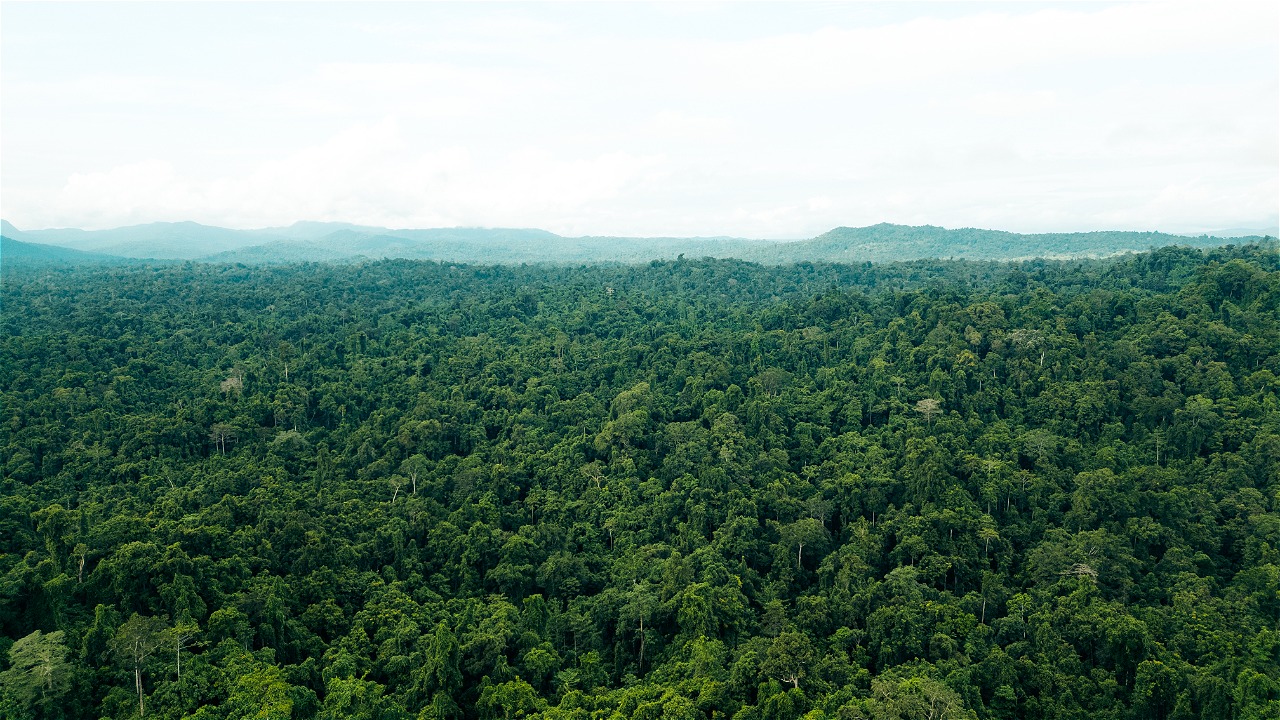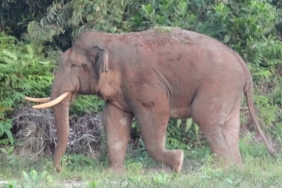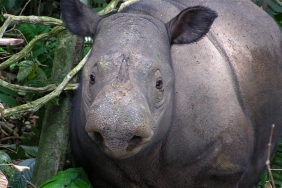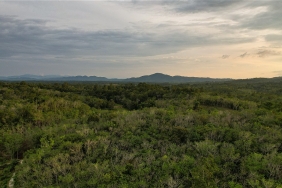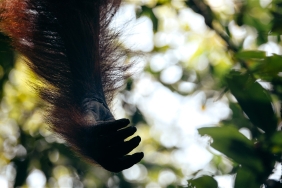ENHANCING THE ROLE OF MUSLIMS IN PREVENTING ILLEGAL WILDLIFE TRADE AND PLAYING AN ACTIVE ROLE IN THE CONSERVATION AGENDA
Jakarta, December 22, 2017 - Support for conservation efforts including through religious approaches, especially to protect wildlife and forests continues to roll in. On Monday, November 18, 2017, the National University Center for Islamic Studies (PPI UNAS), in collaboration with the Institute for Environmental and Natural Resources Conservation of the Indonesian Ulema Council (LPLH-SDA) MUI and WWF Indonesia launched books entitled "Rare Animal Conservation for Ecosystem Balance" and "Friday Khutbah on Rare Animal Conservation for Ecosystem Balance". These books are a provision and detailed explanation of the 2014 MUI Fatwa No. 14, which was issued by MUI three years earlier.
The writing of the two books is intended to facilitate the introduction and understanding in applying MUI Fatwa No.4/ 2014 on "Rare Animal Preservation for Ecosystem Balance" which highlights the core principles, beliefs in values and contextualization of fiqh concepts on the environment that are closely related to conservation. It calls for the protection of biodiversity, especially endangered species.
MUI Fatwa No. 4/2014 has been received and socialized to several regional scholars such as Aceh, Riau and Ujung Kulon. Through the socialization, it was felt that there is a need for sermon content and fatwa implementation guidelines to implement the fatwa messages more effectively in assisting the protection of endangered species.
"These books aim to sharpen Islamic insights and views on the importance of protected animal conservation, as well as an effort to prevent illegal hunting and illegal trade of animals that are now rampant in the community. "said Dr. Hayu Prabowo, Chairman of the Environmental and Natural Resources Breeding Institute (PLH-SDA) of the Indonesian Ulema Council (MUI).
The writing of these two books was supported by conservation experts from various non-governmental organizations, academics and conservation activists. According to Dr. Fachruddin Mangunjaya, one of the authors of the book, the existence of this book will expand the knowledge of ustadz and khatib (preachers) who are directly in contact with the community in fostering awareness about animal protection and behavior change against illegal animal trade.
"Preachers and preachers in mosques, Islamic boarding schools and madrasas in the community can help spread knowledge about animal protection according to Islamic teachings, as contained in this book," said Dr. Fachruddin Mangunjaya, Head of the UNAS Center for Islamic Studies.
The launch of this book is supported by WWF Indonesia, which also cares and helps efforts to eradicate illegal animal trade and promote sustainable natural resource utilization.
Chairul Saleh, Coordinator of 'Wildlife Crime Team- WWF Indonesia said; "We, as Muslims, are obliged to help our fellow creatures and prevent their extinction. We hope that through the Islamic approach, we can play a major role in changing people's perceptions and behaviors about the importance of protected wildlife conservation for human welfare, as well as reducing poaching and illegal trade in protected wildlife." Chairul Saleh, who is also one of the authors of the book, added, "Ustadz and preachers as well as Islamic boarding schools can be at the forefront of education and awareness efforts at the local level on animal protection."
Minister of Environment and Forestry, Dr. Ir. Siti Nurabaya, MSc in her opening remarks on the book said that the book Rare Animal Preservation for Ecosystem Balance will enrich people's insights on the Islamic view of animal protection and scientific studies on the importance of rare animal protection efforts.
It is hoped that these books can help preachers and religious leaders and preachers to provide enlightenment on the need for protected animal conservation in Indonesia.

